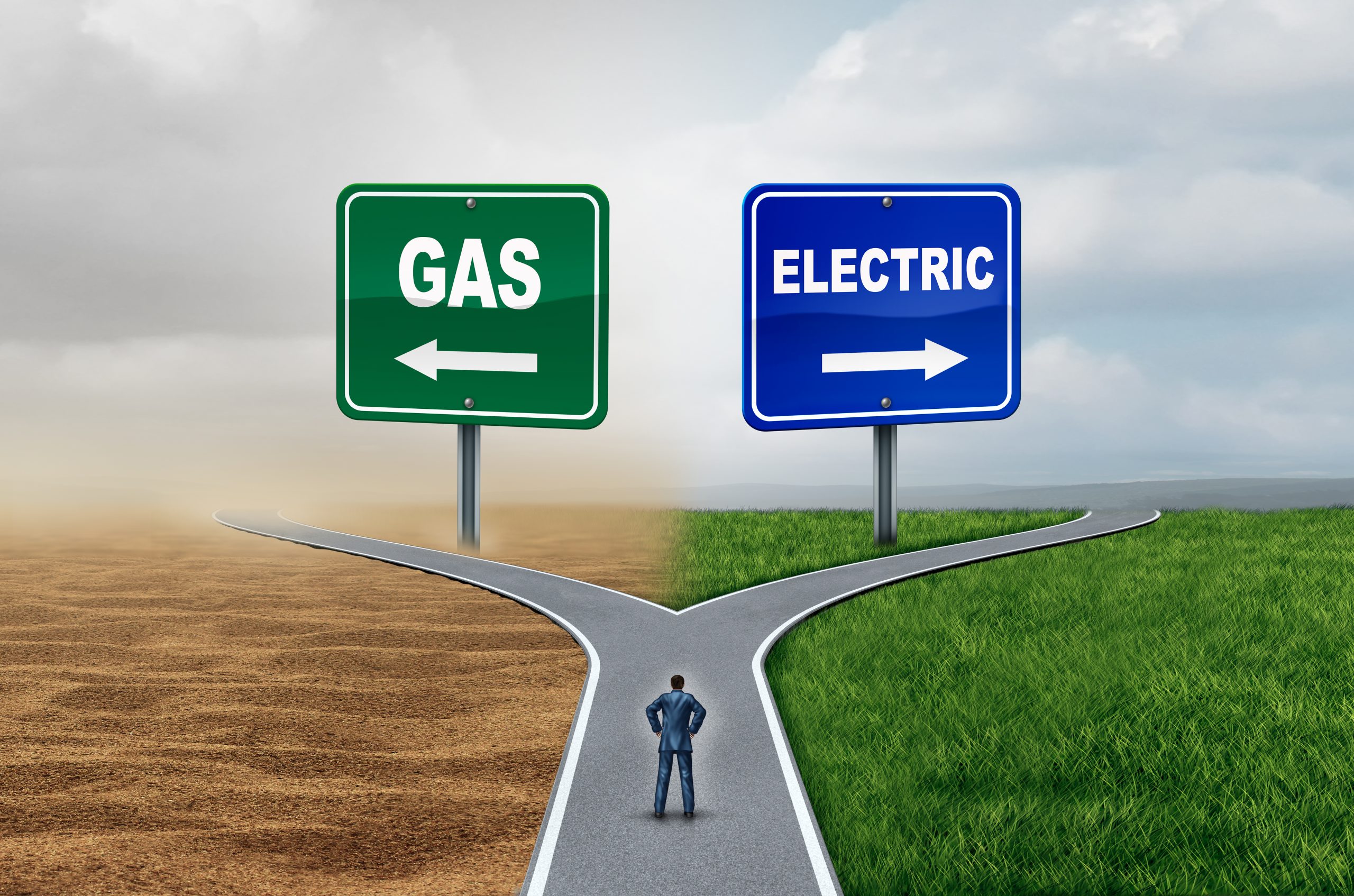
Electric vs. Gas: Which Type of Furnace is More Efficient?
If it’s this late into the winter season and you’re just now looking into having a new heater installed, chances are that something happened to your current one—and you’re in a bit of a rush to replace it. We get it. You want to get back to the comfort that you’re used to. But this really isn’t a decision you should rush! Plus, this gives you a good opportunity to decide whether you want to stick with the fuel source you’ve always relied on or go with something more efficient.
So, what is more efficient? Answering this can be a little tricky, since efficiency is a rating of the heating output of your furnace compared to the amount of energy it actually uses. But this does not necessarily mean that a furnace with a higher efficiency rating will use less energy and therefore cost less to run, because an electric furnace could have a higher efficiency rating (called AFUE, which we’ll touch on more below) than a different model of gas furnace, but in general gas is a more affordable fuel source.
Rating Furnace Efficiency
First, it will be helpful for you to understand how furnaces are rated for efficiency. When you look at any given furnace’s statistics, you see something called AFUE, which we mentioned above. This stands for annual fuel utilization efficiency. It is the measurement for energy efficiency by which all furnaces are measured.
AFUE is listed as a percentage, and this is the amount of energy source the furnace actually converts directly into the heat energy that gets sent into your home. The remaining energy is exhausted, and therefore goes to waste.
To help you understand this a bit more… a mid-efficiency gas furnace with an AFUE of 80% will convert 80% of the natural gas it burns into heat but lose 20% of it through flue exhaust.
Understanding Standard Efficiency Ratings for Furnaces
Natural furnace efficiency rating has significantly increased over the years. For a while, the standard gas furnace had an AFUE of around 70%. If you have a furnace that’s 10+ years old, it probably has an efficiency of about 80-85%. Modern high-efficiency furnaces typically score in the 90’s, and there are even condensing furnaces with AFUE ratings of 98%.
When it comes to electric furnaces, the AFUE rating is 100%.
But wait!
Just become all electric furnaces have an AFUE rating of 100% does not mean they are all more efficient than gas furnaces?
“Huh?!” you may be wondering at this point.
Electric furnaces don’t burn fuel and lose energy to exhaust—instead all the electricity the furnace uses is converted straight to heat energy as electricity runs through the heating elements. But, because electricity is often a more expensive fuel source than natural gas, an electric furnace with an AFUE of 100% can be costlier to run from month to month than a mid-efficiency gas furnace with an AFUE of 85%.
“So, Which Do I Choose?”
Ultimately, it is up to you. Many homeowners do opt for natural gas because of the lower cost in fuel source. Others opt for electric because, although gas-powered systems are not dangerous unless they’re poorly maintained, customers like the peace of mind they get from the safety of an electric system.
Looking for heating repair, service, or install near you? Polar Bear Heating & Air has two convenient locations to bettter serve you.

Recent Comments